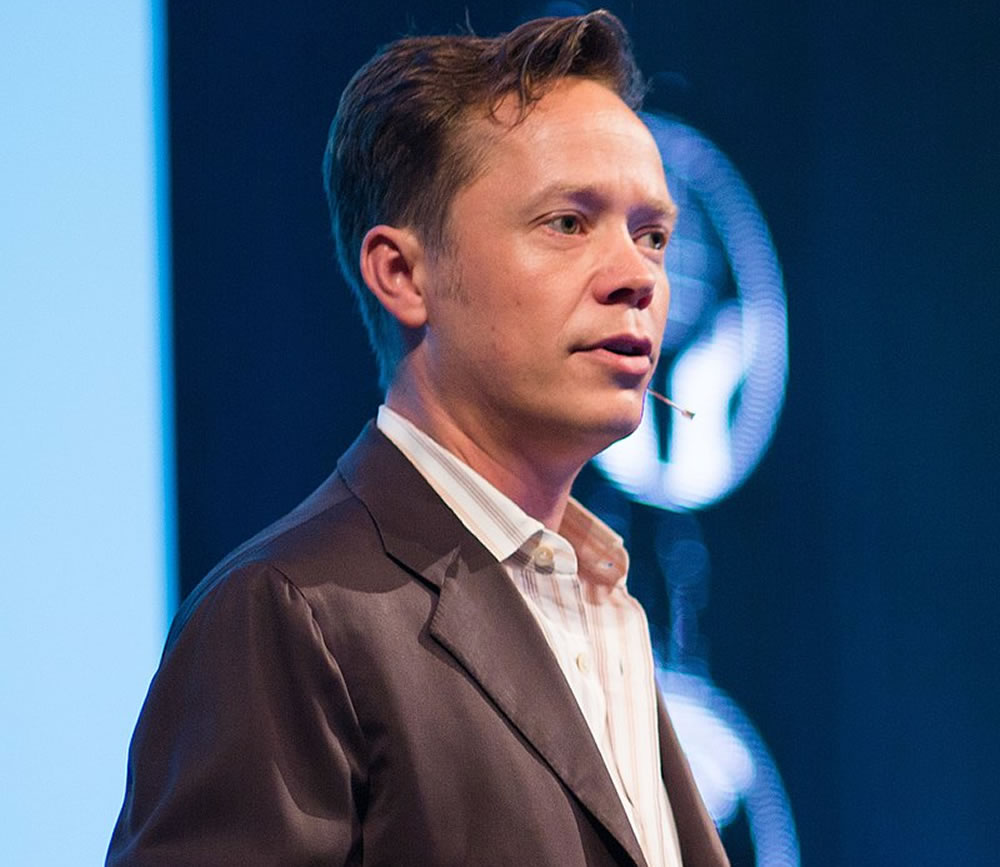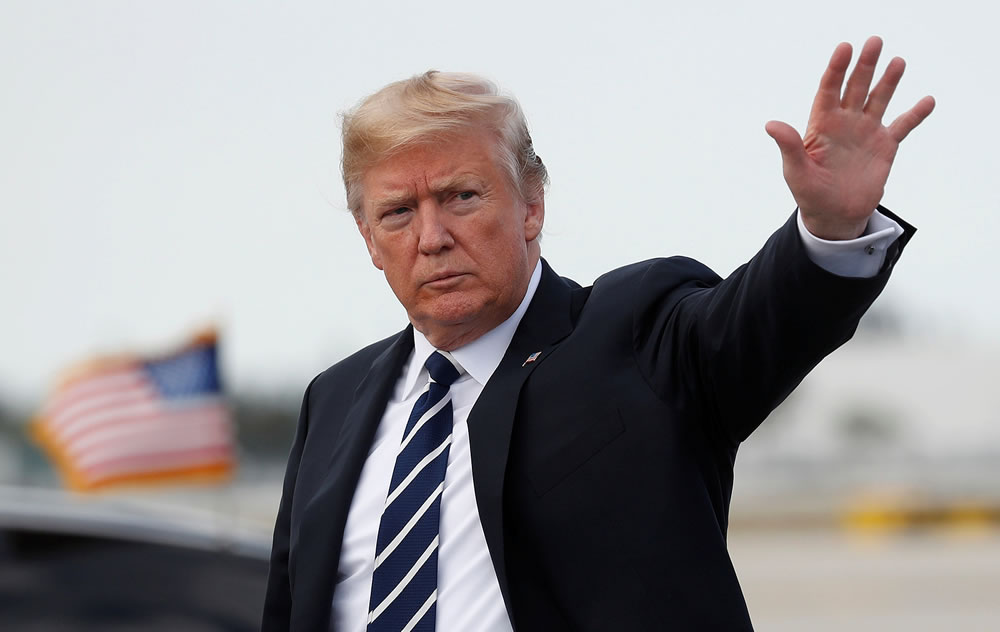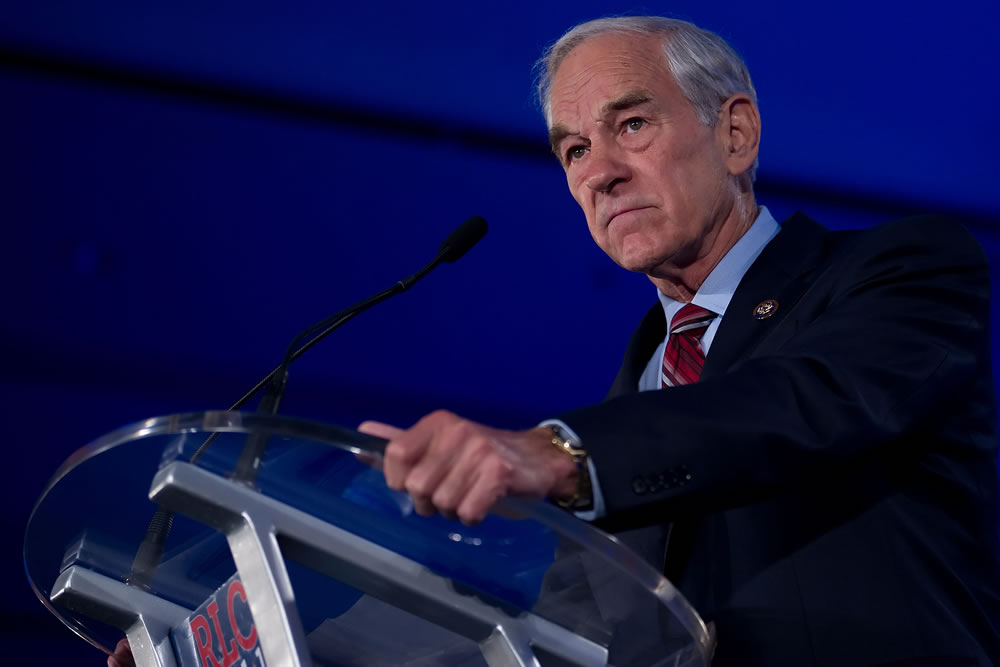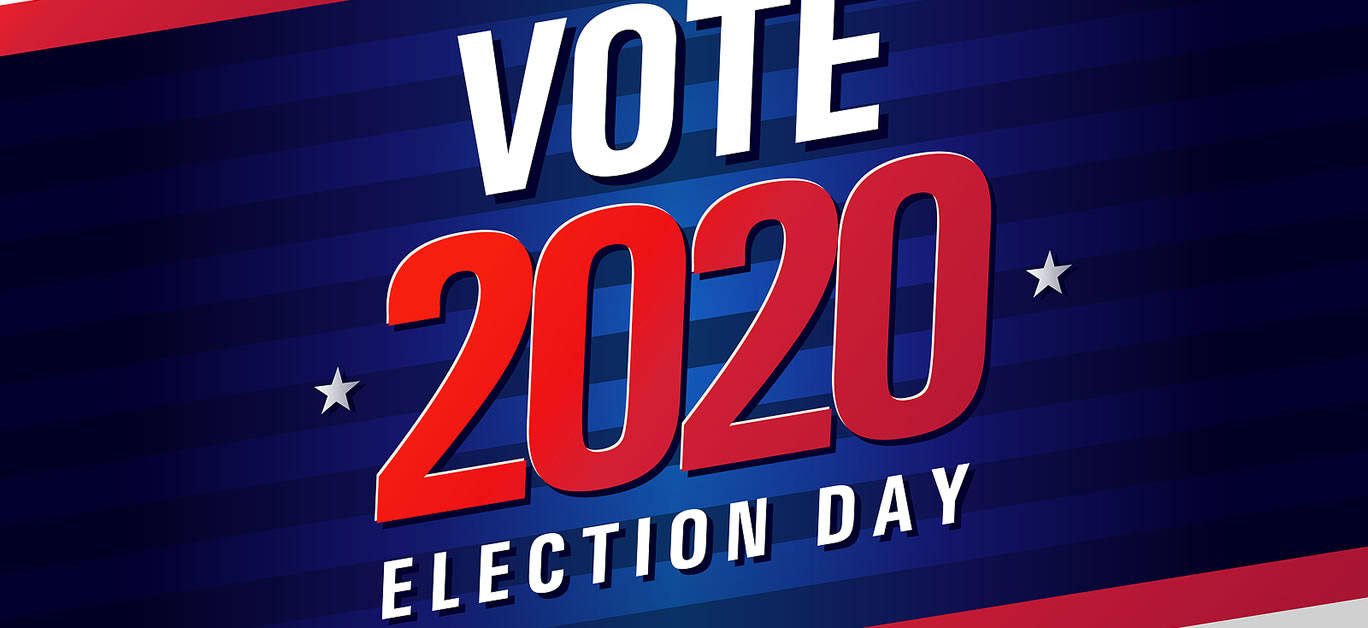Although much of the 2020 United States presidential race is centred around the battle between incumbent Republican president Donald Trump and presumptive Democratic nominee Joe Biden, the cryptocurrency community received its own boon this week, when blockchain entrepreneur Brock Pierce announced his intention to run as an independent candidate.
The Minnesotan, 39, first made his name as a child actor in the early ‘90s, best-known for his role as young Gordon Bombay in The Mighty Ducks. Upon retiring from his acting career in his late teens, Pierce developed an interest in blockchain and cryptocurrency, which, through smart trading platforms like libra-profitsysoftware.com, is becoming more and more accessible to casual traders all around the world.
Despite the cult status of the Mighty Ducks movie, Pierce has unsurprisingly built the platform of his presidential campaign around his fintech credentials, rather than his acting ones.
He told MarketWatch: “I’m a small-business entrepreneur making big things out of nothing, and I think entrepreneurs built this nation, and I think entrepreneurs and innovators are the ones that are going to get us out of our current situation.”

Despite cryptocurrency’s gradual move into the mainstream, it still seems unfeasible that Pierce’s presidential effort will amount to anything other than a distraction from the main event. Indeed, the man himself admits that his campaign run is more about championing the blockchain revolution than receiving keys to the Oval Office.
Speaking shortly after his campaign launch announcement at the Unitize virtual conference, he said: “The United States historically has been the capital of innovation, on the front lines of technologies like blockchain. I feel that this is not a great environment for innovators to build. I’m watching many of the best innovators in our nation moving to Asia, moving to Europe, moving to other places because they don’t feel safe to innovate and experiment.”
He continued to cite the current Covid-19 crisis as an example of antiquated governance methods, referencing the US Treasury’s $1,200 stimulus cheques, which took weeks to arrive in some citizens’ hands. In Pierce’s mind, blockchain and cryptocurrency would have made that transfer almost instantaneous, once the legislation was agreed.

“We need people that understand what’s actually happening in the world right now. Those of us in this business on the front lines are actually designing the tools, creating the systems that are going to create the future that we’re all going to live in.”
Of course, it is hard to see the campaign cutting through party lines to have any significant impact, and Pierce cites another former presidential hopeful as the benchmark: Ron Paul.
Paul ran unsuccessfully in presidential campaigns in 1988, for the Libertarian party, and in the 2008 and 2012 Republican primaries. While he was undoubtedly a footnote in the overall race, his fierce criticism of US government fiscal policy received widespread media attention as a result of his candidacy.
Pierce, whose blockchain-generated wealth reportedly sits at near $1bn USD, has received the endorsement of a number of high-profile figures in the cryptocurrency community, including Michael Novogratz, CEO of Galaxy Digital, and Samson Mow of Blockstream. However, Mati Greenspan, cryptocurrency expert, stated that he felt Pierce had a “snowball’s chance in the Mojave desert” – although he did concede that, at least, Brock’s campaign would be “good for Bitcoin”.

Although Pierce may not have much in common with many of the front-runners for the White House in 2020, he has also been at the centre of his fair share of controversy. In 2000, three employees of the now bankrupt Digital Entertainment Network company, where Brock was a minor partner, filed lawsuits against Pierce, alleging that he gave them drugs and pressured them for sex. While two cases were dropped, records show that Pierce paid a $21,000 settlement in the other.
Latterly, Pierce has been asked to clarify his position as regulators investigate the Tether cryptocurrency, which Pierce helped to found. Over the weekend, he tweeted that he sold his ownership stake in 2015, and has no ties to the ongoing case.






















